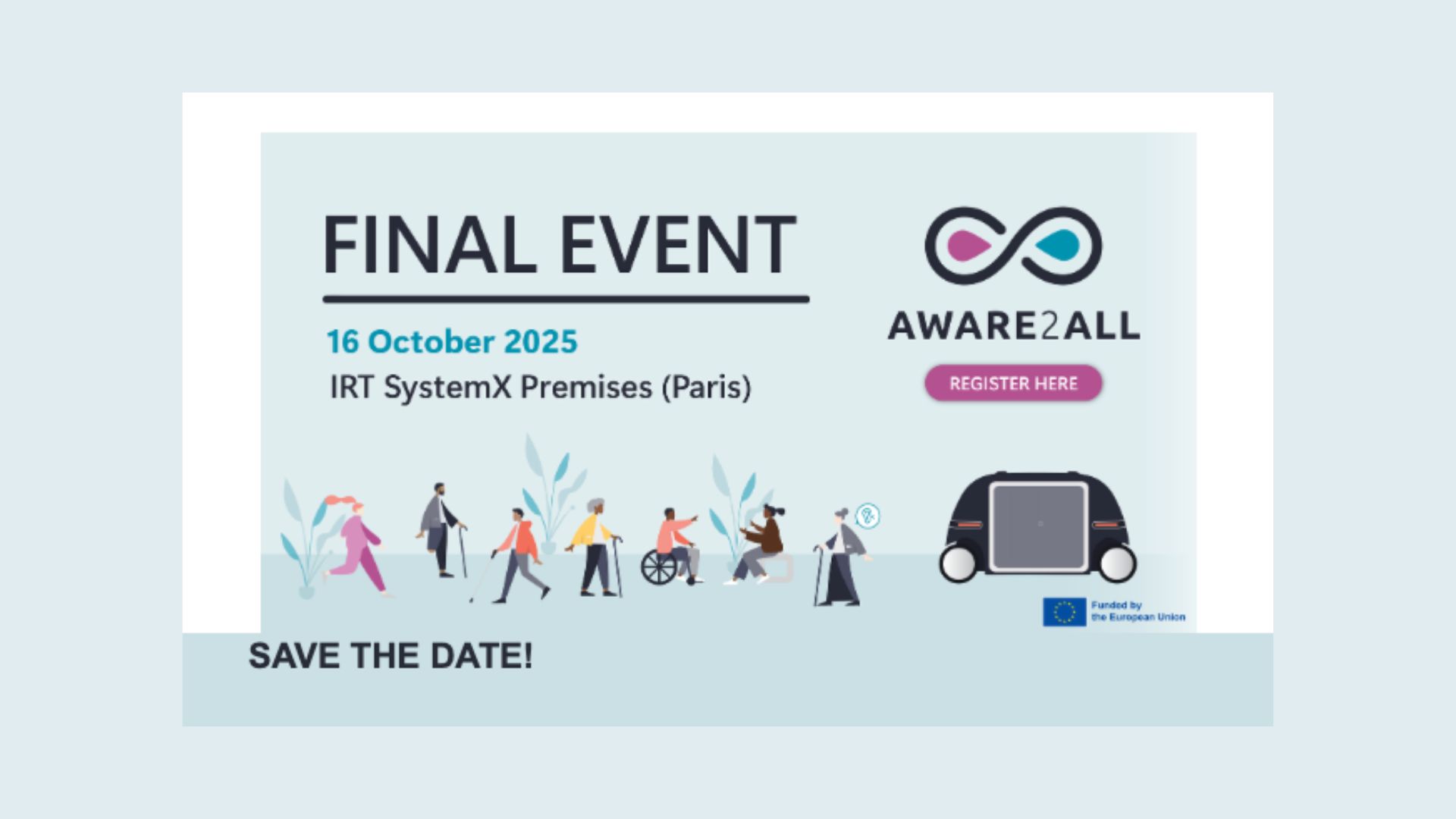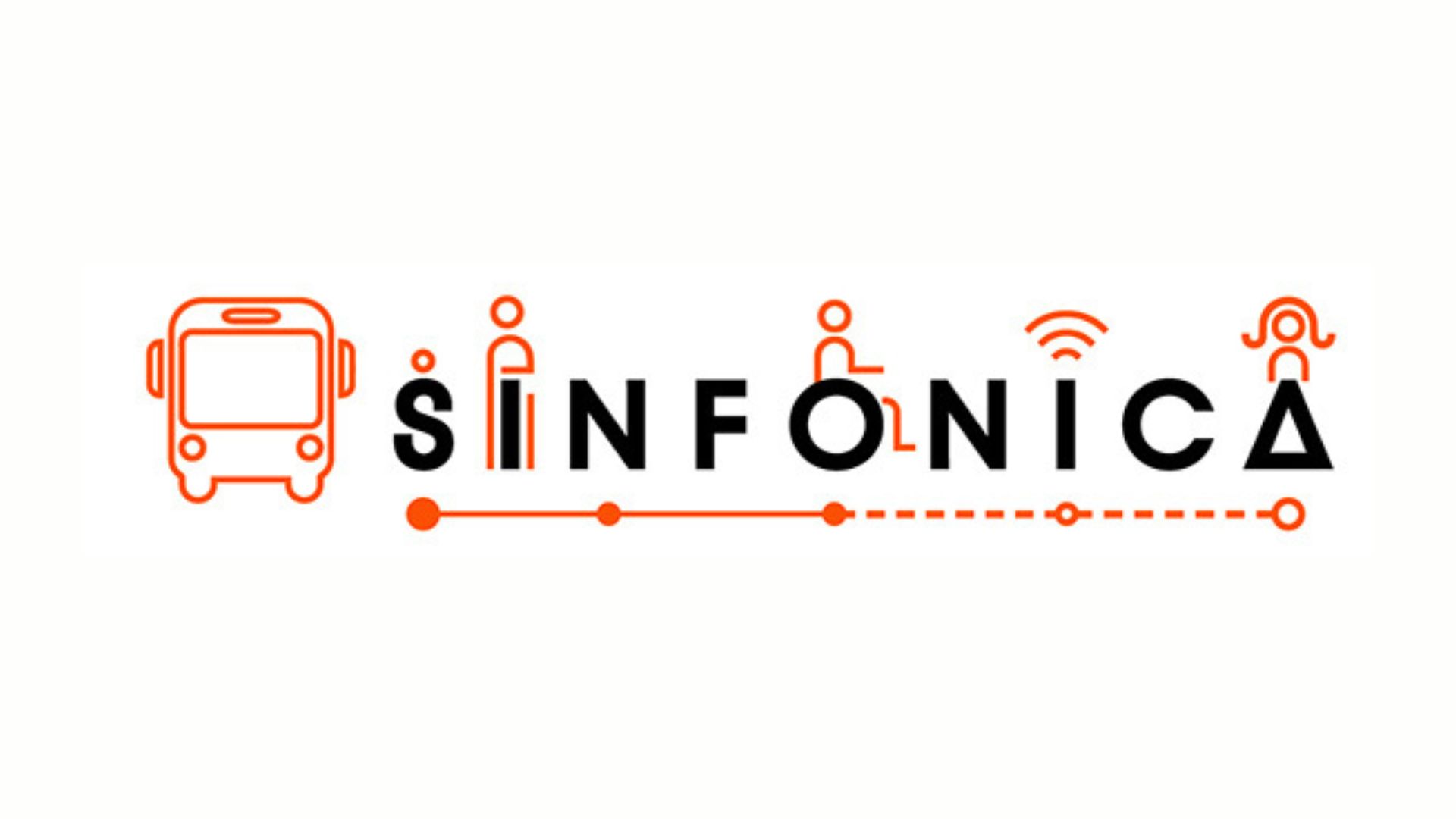Participate to the European Standardisation Panel Survey
To further support the uptake of R&I results through standardisation, the European Commission launched the European Standardisation Panel Survey last 14 October, which was World Standards Day.
The survey is mainly addressed to companies, their businesses, and sectoral organisations. It aims for a balanced representation of companies of various sizes and technology domains. The deadline is 31 December 2023.
So far, about 2800 entities have responded, but it would be most beneficial that all the industry representatives across Europe participate in the survey as much as possible. Your input is important for offering more possibilities for taking up project results and ensuring better communication between publicly funded projects and standard setters needed for such uptake.
The results will ultimately support the development of recommendations for policy-makers, industry representatives and standardisation bodies to create a match between the industry’s demand for R&I-based standards and their current supply. The recommendations will help future beneficiaries of public R&I programmes to pinpoint opportunities and techniques where standardisation can be used to create more impactful results from their research projects.
The Fraunhofer Institute for Systems and Innovation Research supports the Commission in this endeavour in the context of a framework contract coordinated by Technopolis Consulting Group Belgium.
The results of the survey are to be published in the first quarter of 2024.
The survey outcomes complement the Code of Practice on standardisation in the European Research Area. While the Code focuses on knowledge producers and the supply side of R&I-based standardisation, there is a gap in understanding the industry’s needs for standardisation deriving from R&I.
Standards are an important channel for the successful transfer, commercialisation and valorisation of research results; they are hence a vital part of innovation. Standards ensure compatibility and interoperability between different products, or minimum quality, performance, and safety levels. They are also important in creating economies of scale and increasing efficiency in supply chains. As emphasised by the Industrial Strategy of the Commission, there are many benefits to engaging in standards development for new and emerging technologies. Standards have the power to strengthen the economic, social, and environmental value and impact of R&I projects.
Interested stakeholders are invited to submit their answers to the survey.

